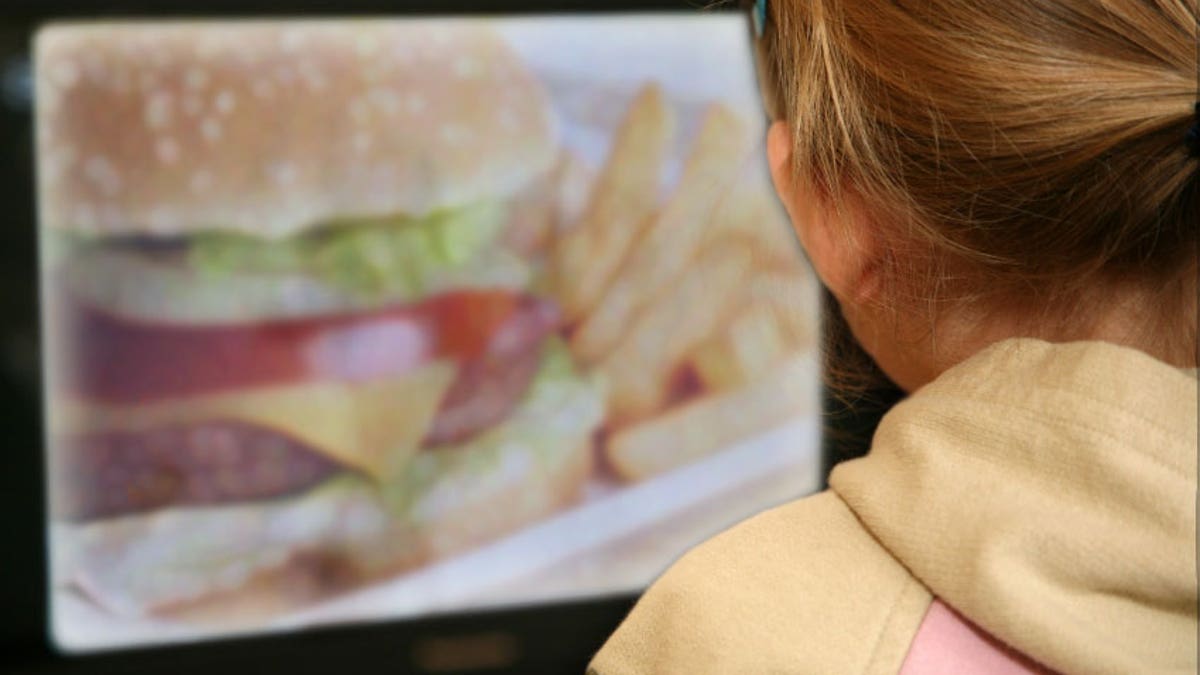
Interventions designed to help kids lose weight by cutting back on the time they spend watching TV or playing video games are so far largely unsuccessful, according to a new report.
The authors, led by Dr. Catherine Birken of the Hospital for Sick Children Research Institute in Toronto, reviewed the results of 13 large studies -- and found that the methods they tested were unable to help the more than 3,000 kids who participated lose weight or watch less TV.
But these findings certainly don't mean that parents should give up trying, Birken told Reuters Health.
"Obesity is a complex problem that is probably not going to be solved by one particular intervention, in one particular setting," she said in an interview. "That doesn't mean it can't be solved."
The interventions employed in the studies that were reviewed included a range of approaches, such as classroom curriculums, individual counseling, automatic monitoring of screen time and family counseling.
Birken's team found that some of them did succeed with very young kids, reducing preschool-aged children's screen time by nearly 4 hours per week on average.
That finding suggests parents who start early will have the most impact. "It's certainly possible to teach parents to reduce screen time in young children," said Birken.
Her advice to parents: Just turn it off. "There's likely very little harm you can cause by reducing screen time."
Dr. Robert Klesges at the University of Tennessee Health Science Center, who reviewed the findings for Reuters Health, said he was not surprised to see that interventions had little effect.
"Food is a very rewarding event to everyone. To children, so is screen time. So it doesn't surprise me too much that interventions aimed at reducing two things children love struggle."
Experts for decades have worried about the impact on young viewers of the violence and sexual content in some TV programs, movies and video games. Another issue is that kids are spending time sitting on a couch watching TV or playing computer games when they could be running around outside.
According to the new report, published in the Archives of Pediatrics & Adolescent Medicine, 1 in 4 kids living in the U.S. watches an average of 4 hours of TV every day.
The current study measured the impact of a range of interventions on weight and screen time in kids, lasting from 1 to 24 months.
The studies used very different techniques to help kids change their behavior, which may help explain why they were ineffective overall, said Klesges.
"I think very often, they're comparing apples with oranges," the researcher said in an interview. "I think it's premature to conclude that interventions aimed at (weight) and screen time are ineffective."
In the meantime, there are things parents can do to help their kids, Klesges recommended. One problem with TV is that when people eat in front of it, they tend to eat more -- so parents can help kids by turning off the TV during meals, he said. Switching to sugarless drinks can also make a big difference, he added.
And perhaps the best thing parents can do is to "really strongly encourage" kids to participate in structured activities, such as football, soccer, or other sports that have them exercising for hours per day, Klesges noted.
Whatever methods parents choose, success may not come easily, conceded Birken. "It's very hard to change behavior."
